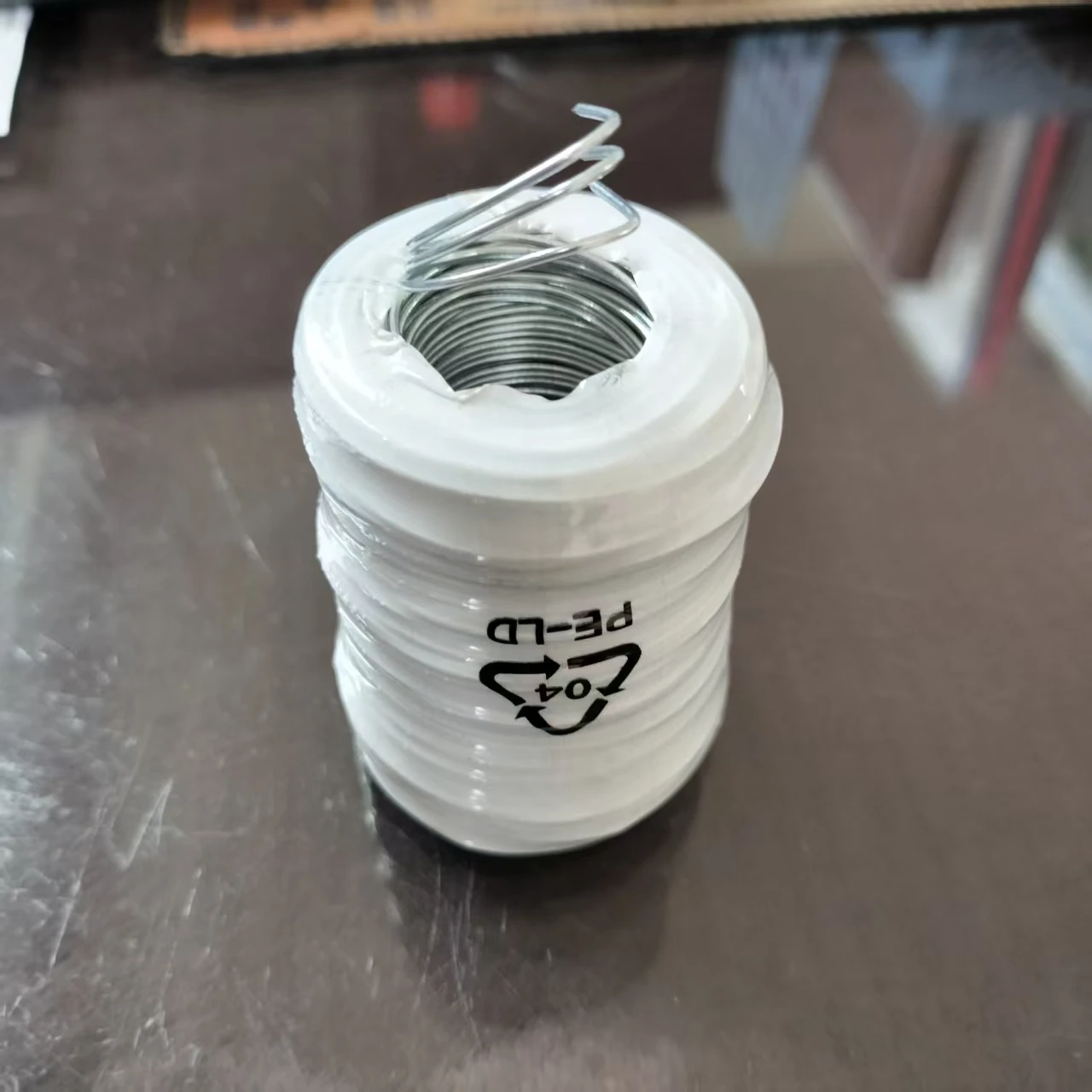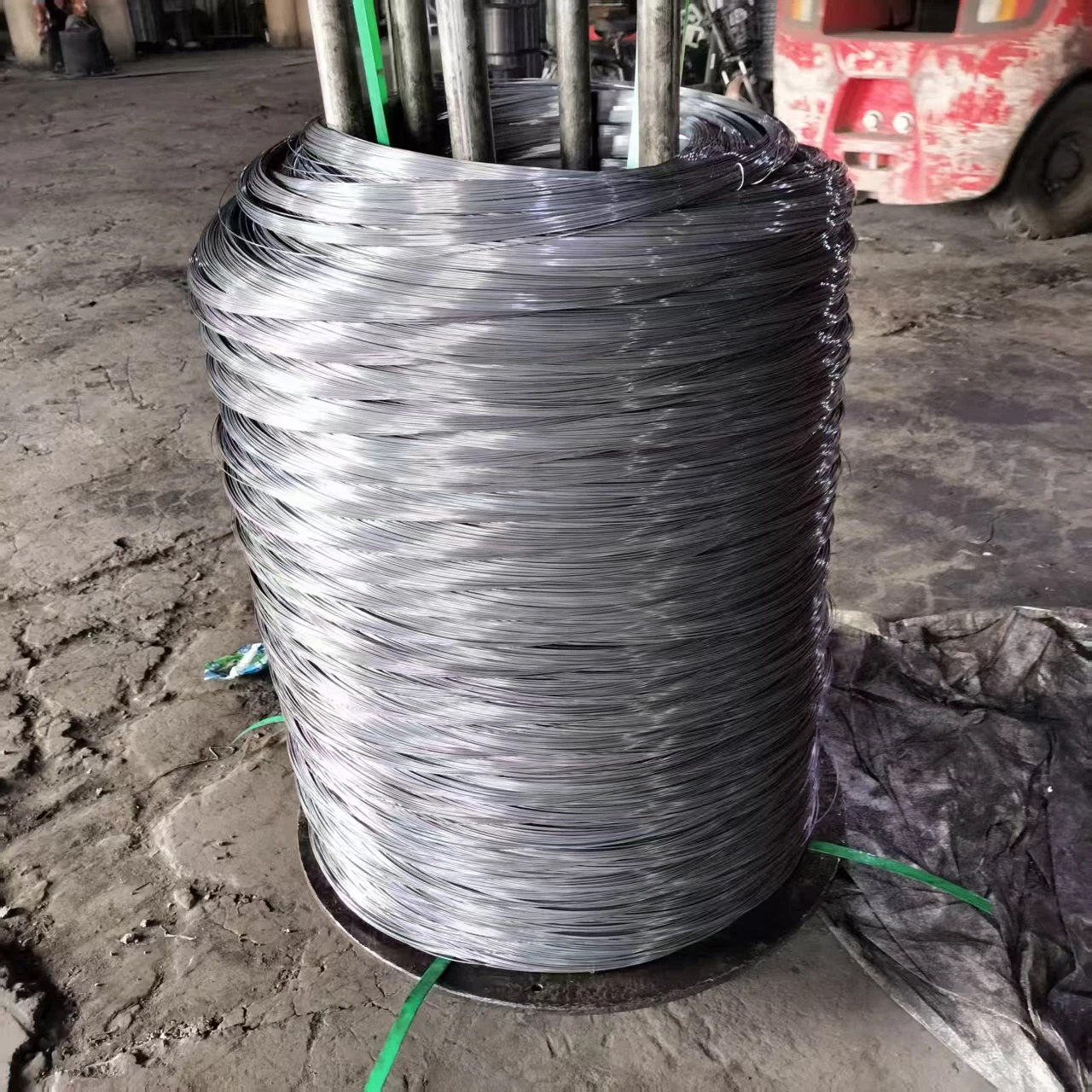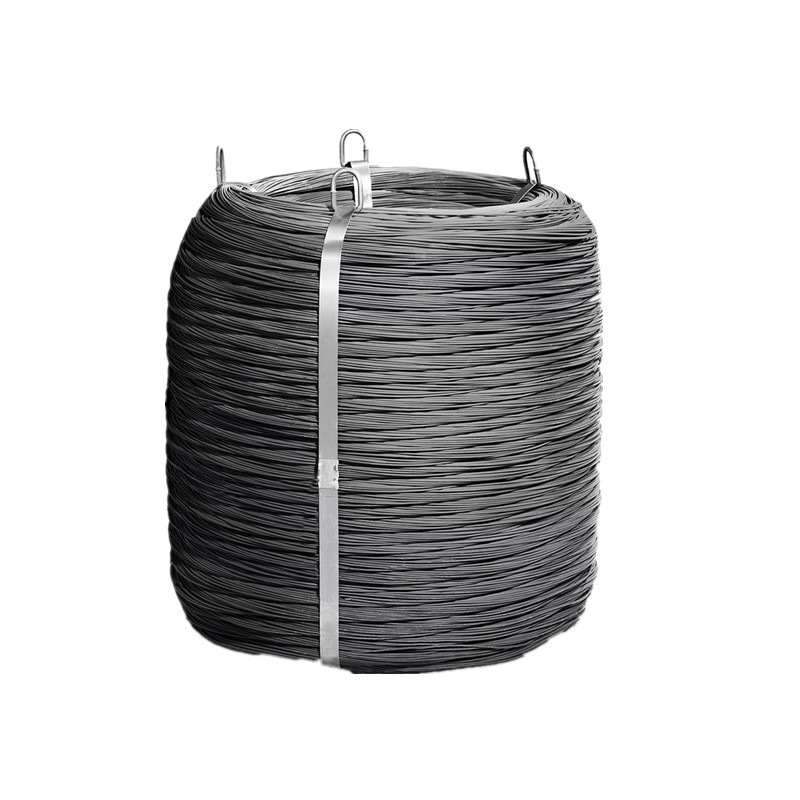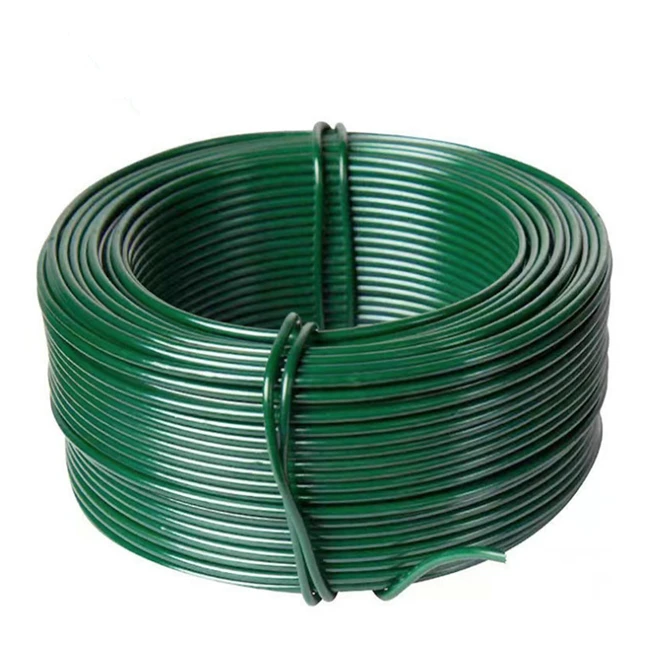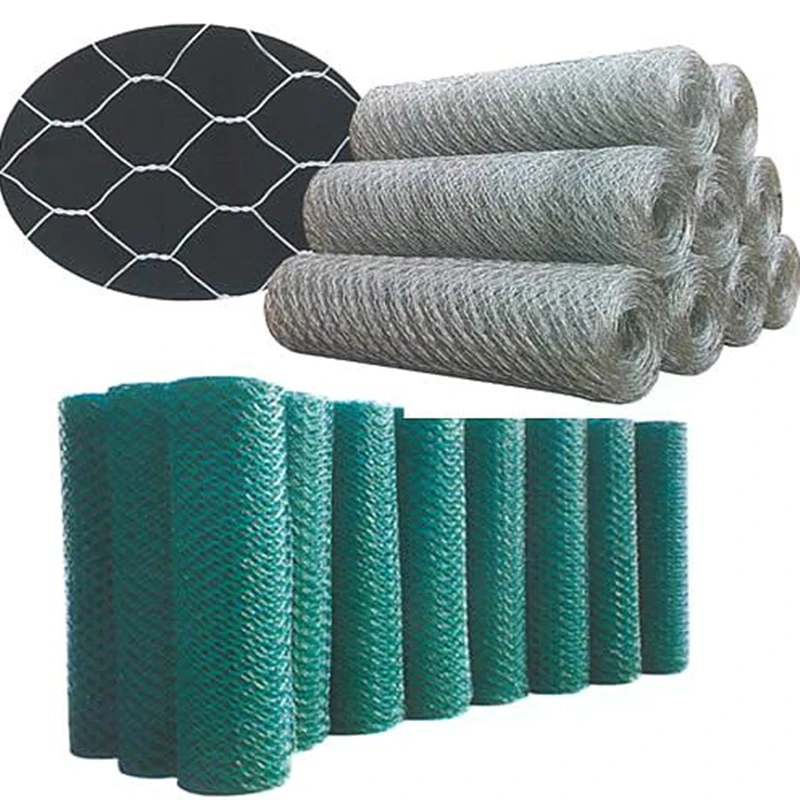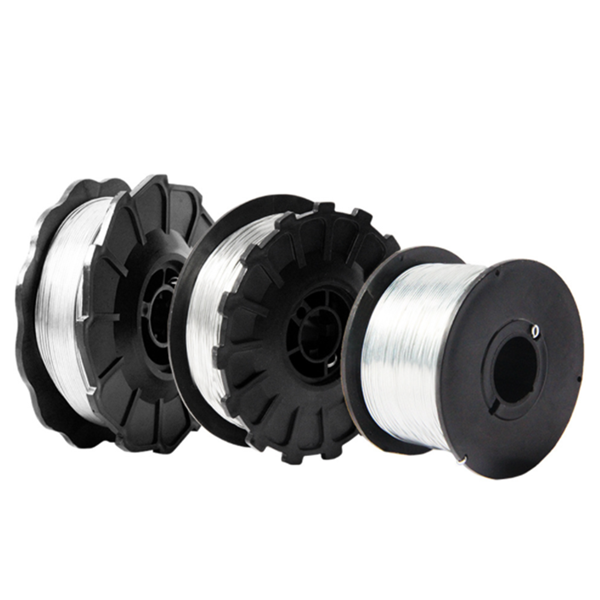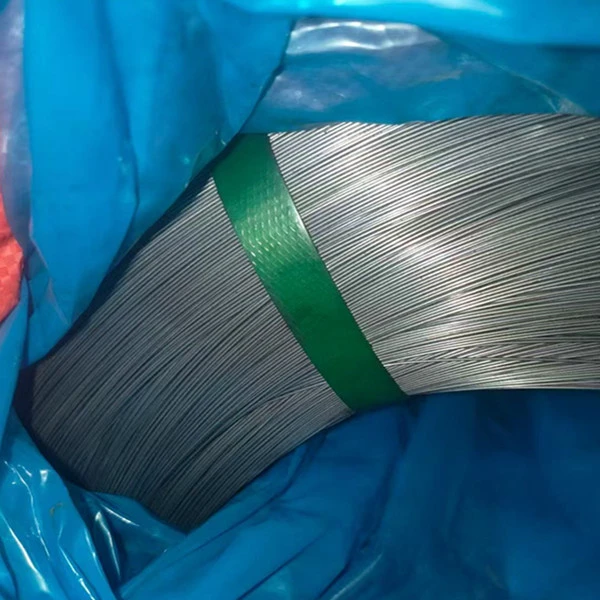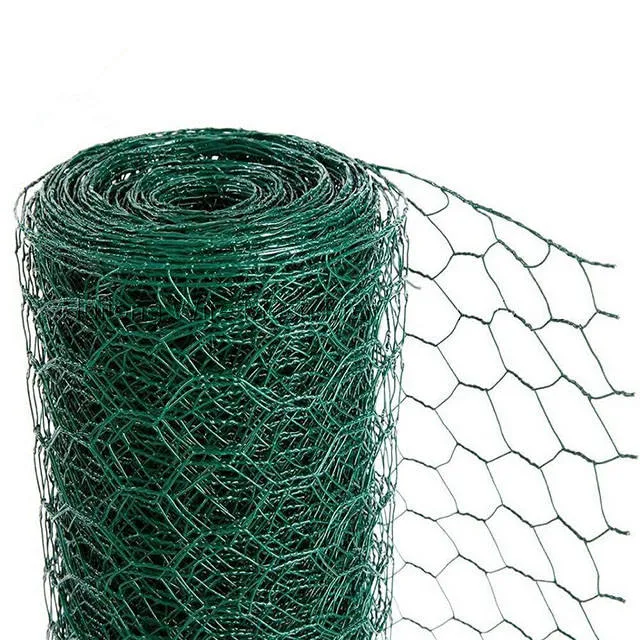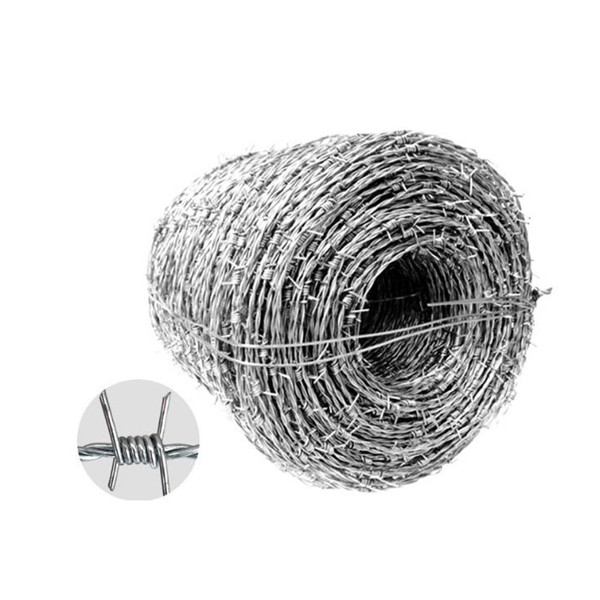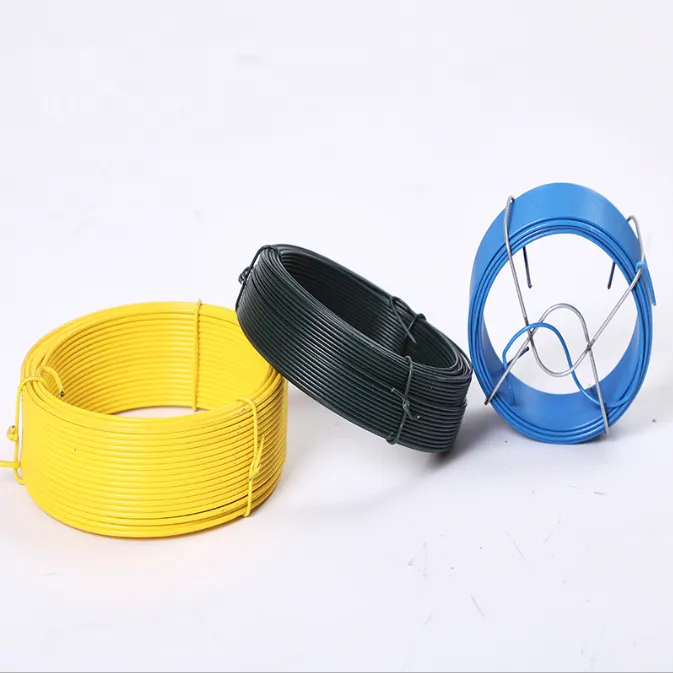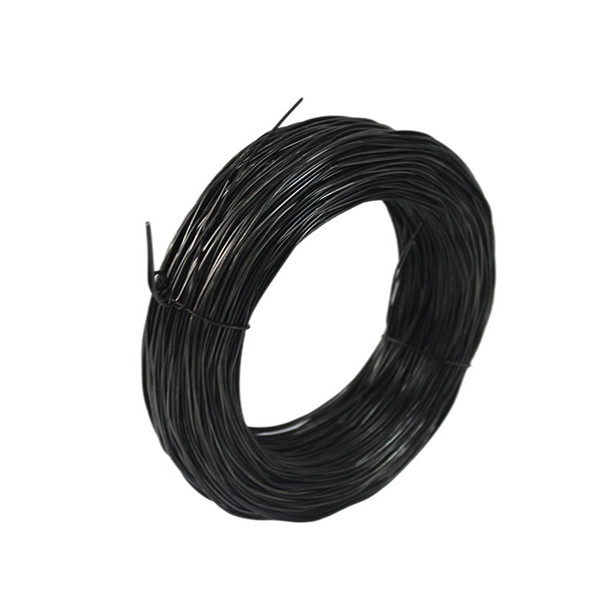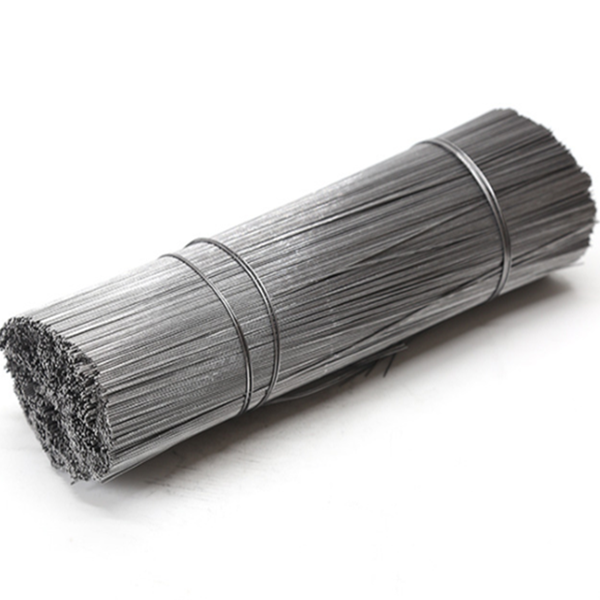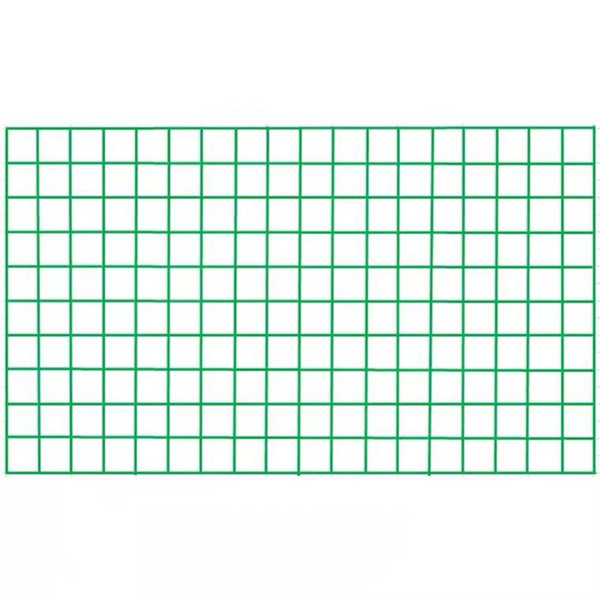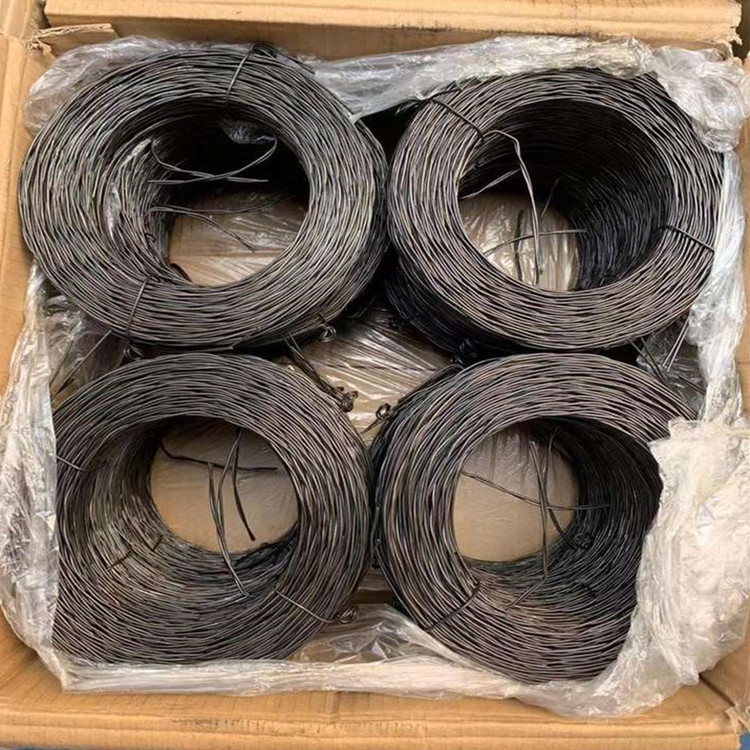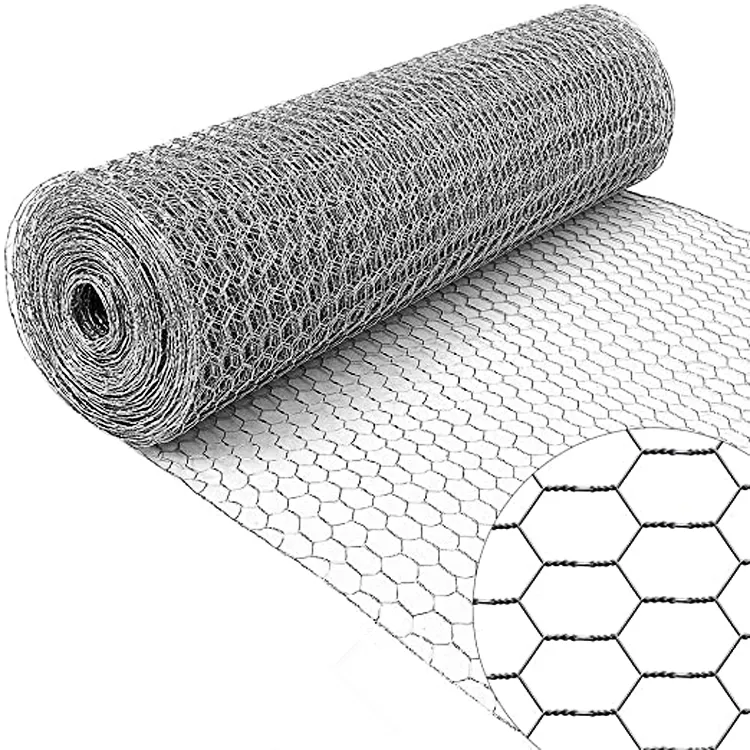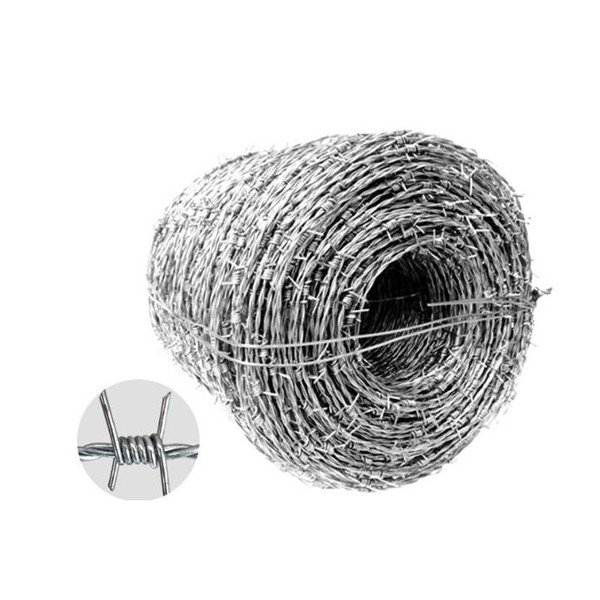Annealed wire is one of the most commonly used types of wire in various binding applications due to its softness, flexibility, and ease of use. Annealed wire is produced by heating steel wire to a specific temperature and then slowly cooling it, making it less brittle and more flexible than untreated wire. This makes annealed wire ideal for use as binding wire, especially in construction, agriculture, and manufacturing.
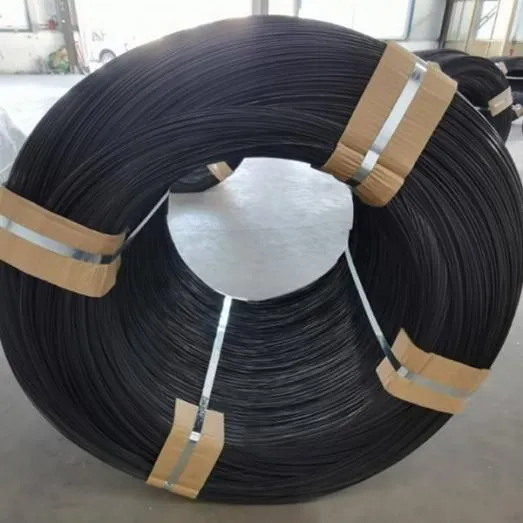
Binding wire plays an essential role in securing materials and items together. Annealed wire is often used in construction for tying rebar in concrete reinforcement, as it holds the steel reinforcement bars tightly in place during the pouring and curing of concrete. This provides the necessary strength and stability for the structure. Additionally, annealed wire is widely used in the packaging industry for bundling goods and in farming for tying plants or securing fences.
Because annealed wire can be easily bent and twisted, it is highly versatile. Whether you are securing electrical wires, reinforcing concrete, or tying up plants in your garden, annealed wire is a reliable choice for all these applications. Its malleability makes it particularly well-suited for use in tight spaces or intricate binding jobs, making it indispensable in both industrial and domestic settings.
Why 16 Gauge Black Annealed Tie Wire Is the Most Popular Choice for Construction
When it comes to construction, especially for tying rebar, 16 gauge black annealed tie wire is one of the most commonly used options. Black annealed tie wire refers to wire that has been treated with a black coating to prevent rust and corrosion, making it perfect for construction and outdoor uses. The "16 gauge" refers to the thickness of the wire, with 16 gauge black annealed tie wire offering the ideal balance of flexibility and strength.
The primary use of 16 gauge black annealed tie wire is in the construction of concrete structures. This type of wire is used to securely tie steel reinforcement bars (rebar) together, ensuring that the rebar stays in position while the concrete is poured and set. The flexibility of 16 gauge black annealed tie wire allows construction workers to quickly and easily twist the wire around the rebar, forming secure ties that help maintain the structural integrity of the project.
Due to its strength and ability to withstand outdoor elements, 16 gauge black annealed tie wire is perfect for a variety of applications, including fencing, landscaping, and general construction projects. Whether you’re working on a large building project or a smaller home improvement job, 16 gauge black annealed tie wire is an essential tool to have on hand.
Annealed Wire vs Galvanized Wire: Which One is Right for Your Project?
When deciding between annealed wire and galvanized wire, it’s important to understand the differences and how they relate to specific applications. Annealed wire is softer and more flexible than galvanized wire, which is coated with a layer of zinc for enhanced corrosion resistance. While both types of wire can be used for binding purposes, their performance and durability vary based on the environment and the nature of the task at hand.
Annealed wire is often used in applications where flexibility is key, such as binding rebar, securing items in construction, and agricultural uses like tying plants. It is a cost-effective solution for short-term applications, particularly in environments where rust and corrosion aren’t a significant concern. On the other hand, galvanized wire is designed for outdoor and industrial applications where corrosion resistance is critical. The zinc coating on galvanized wire provides a protective barrier, making it ideal for long-term use in harsh conditions, such as fencing, or in coastal areas with saltwater exposure.
If you're working on a project that will be exposed to the elements or needs to withstand moisture or chemicals, galvanized wire is the better option. However, for most indoor applications or situations where flexibility and easy manipulation are required, annealed wire is the superior choice.
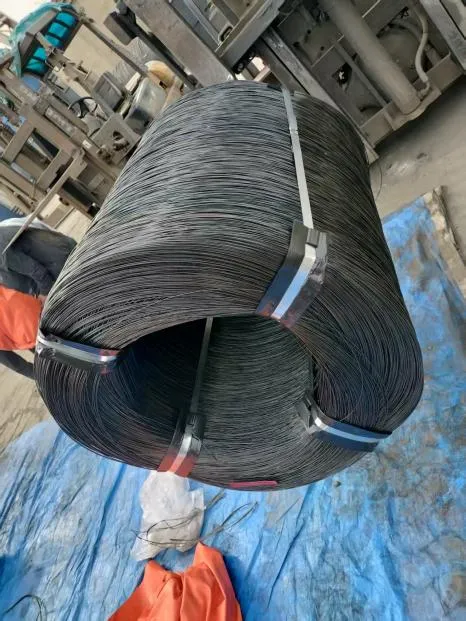
Applications of Binding Wire in Various Industries
Binding wire plays a critical role across many different industries, especially in construction, agriculture, and packaging. Binding wire is used to secure materials, hold items in place, and even create binding loops for items like electrical cables or bundles of steel.
In the construction industry, binding wire is commonly used for reinforcing steel, where it’s employed to tie rebar together in concrete structures. In agriculture, binding wire can be used for tying plants or securing structures like greenhouses. In the packaging industry, binding wire is ideal for bundling and securing products, ensuring that items stay organized and stable during transportation. The flexibility and versatility of binding wire make it indispensable across these industries.
Whether you are tying up steel, securing packages, or even creating temporary structures, binding wire can meet your needs. The product’s wide range of applications ensures that no matter the industry, binding wire offers the flexibility and strength required to get the job done right.
Annealed Wire FAQs
What is the difference between annealed wire and regular wire?
Annealed wire is a type of wire that has been heated and cooled to increase its flexibility and reduce its brittleness, making it ideal for binding and tying purposes.
Why should I use 16 gauge black annealed tie wire for my construction project?
16 gauge black annealed tie wire is flexible, durable, and easy to manipulate, making it the perfect choice for tying rebar and reinforcing concrete structures.
Is galvanized wire better than annealed wire for outdoor use?
Yes, galvanized wire is coated with zinc, making it more resistant to rust and corrosion, making it the better choice for outdoor and harsh environmental conditions.
How do I choose the right type of binding wire for my project?
The right type of binding wire depends on your specific needs. For general construction and temporary uses, annealed wire is often the best choice, while for long-term outdoor use, galvanized wire is preferred.
No matter what your project requires, choosing the right binding wire can make a significant difference in the final result. Whether you need annealed wire for flexibility, annealed copper wire for electrical use, or 16 gauge black annealed tie wire for construction, there are options available to suit every need.
Don’t settle for inferior quality wire. Visit our website to explore our range of high-quality wire products and get in touch with our expert team to ensure you’re getting the right materials for your project. With years of experience and a commitment to customer satisfaction, we’re here to provide the best wire products at competitive prices!





